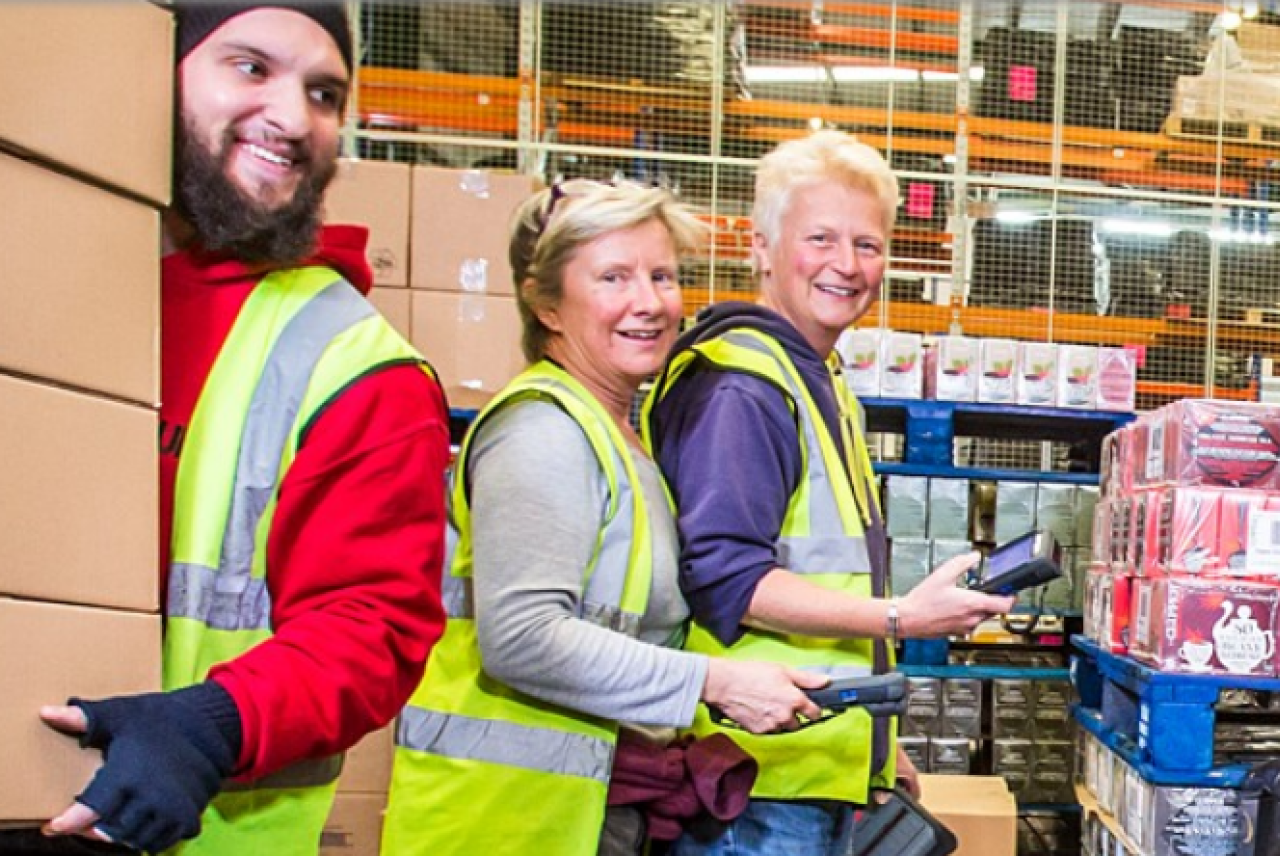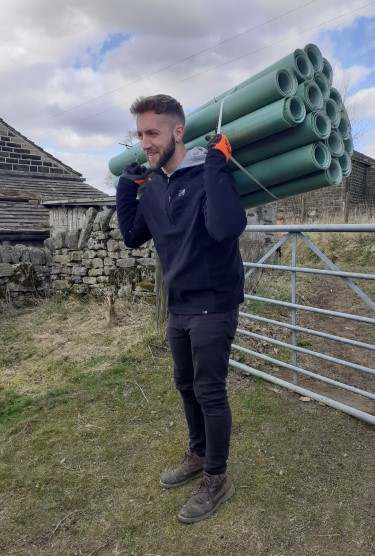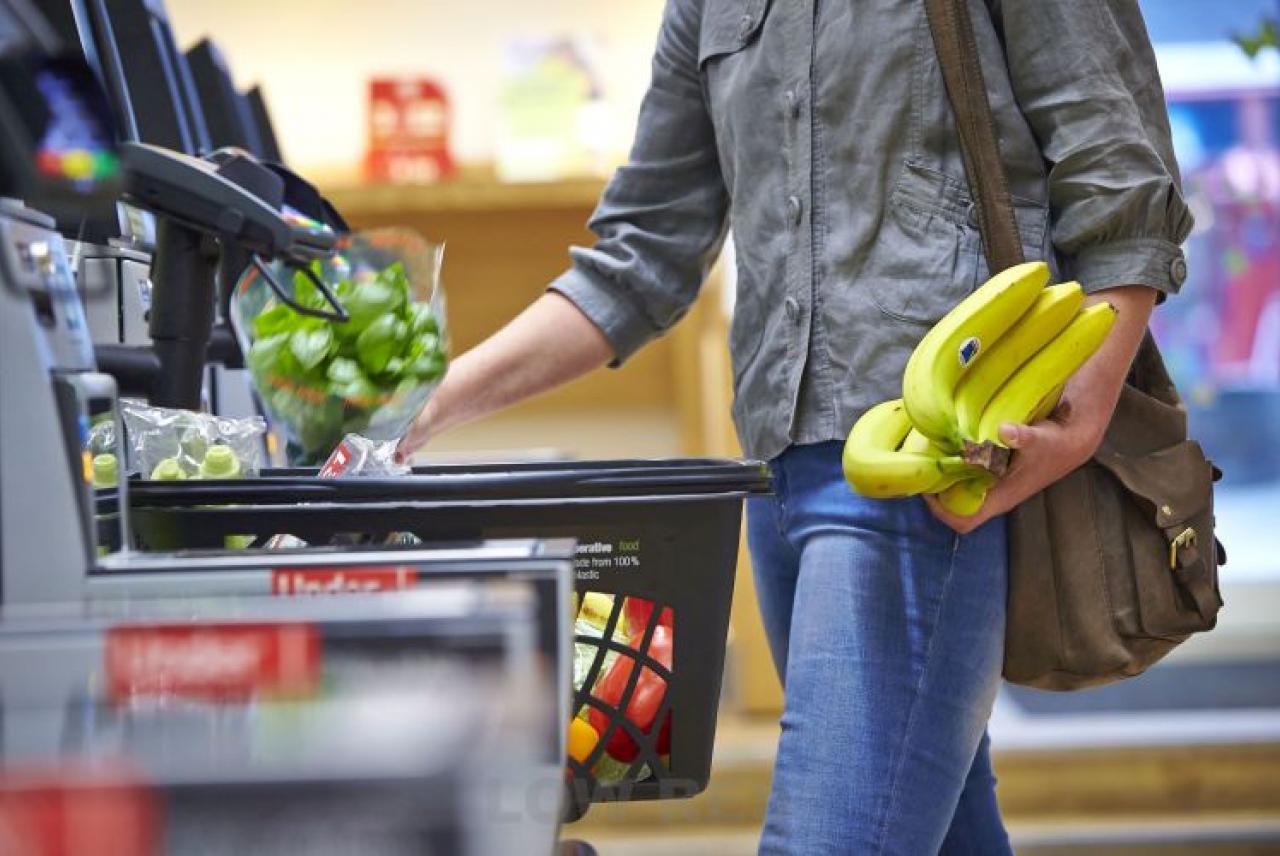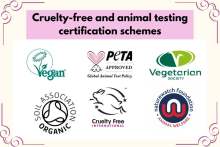Tell us a bit about Suma
Suma is a little bit different. We’re an equal pay wholefood collective founded in 1977 by a liberally-minded group of people who believed there was a better way to do business, and actively set out to create it. We’ve just celebrated our 46th birthday so we must be doing something right!
Suma’s 200+ members set the direction of the business. Everyone has an equal say, we all get paid the same wage and are equal shareholders. That means that when you meet someone who works at Suma, you’re meeting a co-owner who knows and cares about the business.
We are one of the largest co-operatives of our kind in Europe, working together and bound by seven co-operative principles which aim to improve our society and support our suppliers and customers. We stock a range of 2000 of our own award-winning sustainable and ethical products and deliver over 7000 vegan and vegetarian, natural, responsibly sourced products to businesses and communities across the UK and internationally.
This year we launched our sustainability strategy to set out our overarching goals to take us up to 2030 and further. We focus on six key areas which are:
- Net zero
- Nature
- Zero waste
- Decent work
- Healthy and sustainable diets
- Education and Engagement.
We are also working on some exciting projects at Suma, such as working to measure our scope 3 emissions and planning our process to becoming a certified B-Corp in the near future. We have always been a sustainable and ethical business and our strategy will aim to take us even further in being able to measure and report more accurately on the impact we are making.







